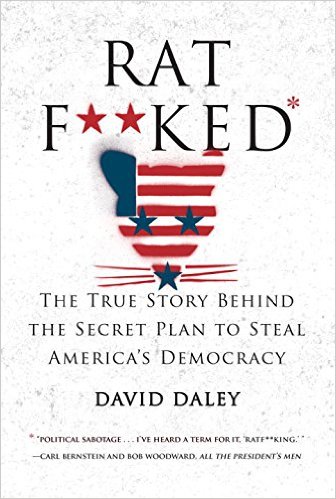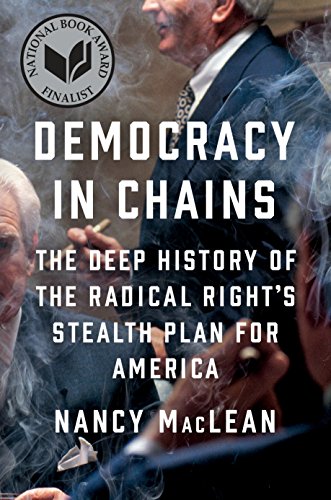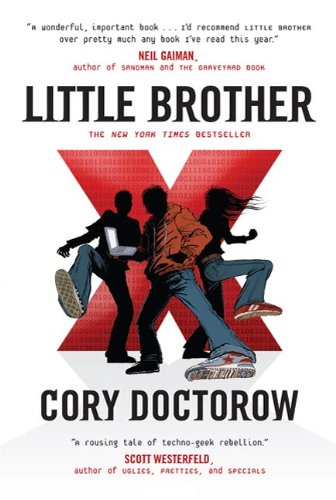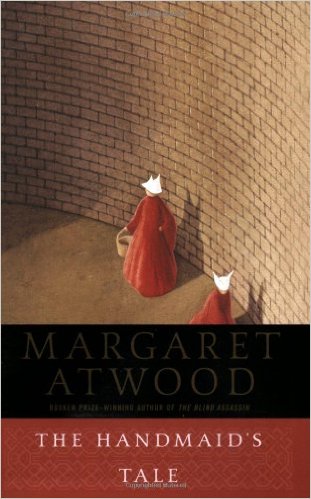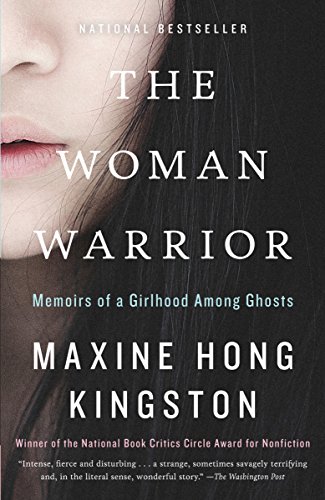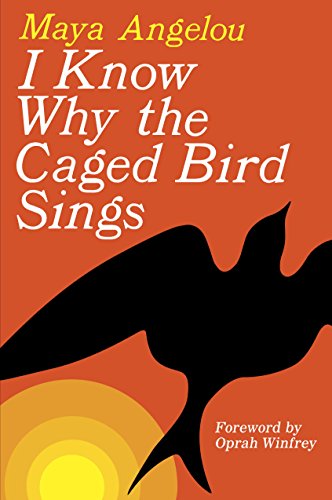First published in 1952 and immediately hailed as a masterpiece, Invisible Man is one of those rare novels that have changed the shape of American literature. For not only does Ralph Ellison’s nightmare journey across the racial divide tell unparalleled truths about the nature of bigotry and its effects on the minds of both victims and perpetrators, it gives us an entirely new model of what a novel can be.
Ratf**ked: The True Story Behind the Secret Plan to Steal America’s Democracy
The explosive account of how Republican legislators and political operatives fundamentally rigged our American democracy through redistricting. With Barack Obama’s historic election in 2008, pundits proclaimed the Republicans as dead as the Whigs of yesteryear. Yet even as Democrat…
Democracy in Chains: The Deep History of the Radical Right’s Stealth Plan for America: Finalist for the 2017 National Book Award “[A] vibrant intellectual history of the radical right . . .” – The Atlantic “This sixty-year campaign to make libertarianism mainstream and eventually take the government itself is at the heart of Democracy in Chains. . . . If you’re worried about what all this means for America’s future, you should be” – NPR An explosive exposé of the right’s relentless campaign to eliminate unions, suppress voting, privatize public education, and change the Constitution. Behind today’s headlines of billionaires taking over our government is a secretive political establishment with long, deep, and troubling roots. The capitalist radical right has been working not simply to change who rules, but to fundamentally alter the rules of democratic governance. But billionaires did not launch this movement; a white intellectual in the embattled Jim Crow South did. Democracy in Chains names its true architect—the Nobel Prize-winning political economist James McGill Buchanan—and dissects the operation he and his colleagues designed over six decades to alter every branch of government to disempower…
A bleak moon settled by utopian anarchists, Anarres has long been isolated from other worlds, including its mother planet, Urras—a civilization of warring nations, great poverty, and immense wealth. Now Shevek, a brilliant physicist, is determined to reunite the two planets, which have been divided by centuries of distrust. He will seek answers, question the unquestionable, and attempt to tear down the walls of hatred that have kept them apart.
“No-one can say when the unwinding began,” begins Packer’s sprawling 2013 dissection of modern America, “when the coil that held Americans together in its secure and sometimes stifling grip first gave way.”
“Man is diminished if he lives without knowledge of his past; without hope of a future he becomes a beast.” – P. D. James
The human race has become infertile, and the last generation to be born is now an adult. Civilization itself is crumbling as suicide and despair become commonplace. Oxford historian Theodore Faron, apathetic toward a future without a future, spends most of his time reminiscing. Then he is approached by Julian, a bright, attractive woman who wants him to help get her an audience with his cousin, the powerful Warden of England. She and her band of unlikely revolutionaries may just awaken his desire to live . . . and they may also hold the key to survival for the human race.
Marcus, a.k.a “w1n5t0n,” is only seventeen years old, but he figures he already knows how the system works–and how to work the system. Smart, fast, and wise to the ways of the networked world, he has no trouble outwitting his high school’s intrusive but clumsy surveillance systems.
The Handmaid’s Tale is a novel of such power that the reader will be unable to forget its images and its forecast. Set in the near future, it describes life in what was once the United States and is now called the Republic of Gilead, a monotheocracy that has reacted to social unrest and a sharply declining birthrate by reverting to and going beyond, the repressive intolerance of the original Puritans. The regime takes the Book of Genesis absolutely at its word, with bizarre consequences for the women and men in its population.
A Chinese American woman tells of the Chinese myths, family stories and events of her California childhood that have shaped her identity. It is a sensitive account of growing up female and Chinese-American in a California laundry.
Here is a book as joyous and painful, as mysterious and memorable, as childhood itself. I Know Why the Caged Bird Sings captures the longing of lonely children, the brute insult of bigotry, and the wonder of words that can make the world right. Maya Angelou’s debut memoir is a modern American classic beloved worldwide.

